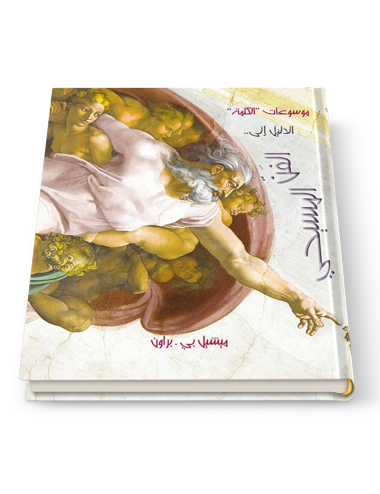John Gerassi had just this opportunity as a child, his mother and father were very close friends with Jean-Paul Sartre and Simone de Beauvoir and the couple became for him like surrogate parents. Authorized by Sartre to write his biography.
Through the interviews with both their informalities and their tensions, Sartre’s greater complexities emerge. In particular we see Sartre wrestling with the apparent contradiction between his views on freedom and the influence of social conditions on our choices and actions. We also gain insight into his perspectives on the Spanish Civil War, World War II, and the disintegration of colonialism.

















